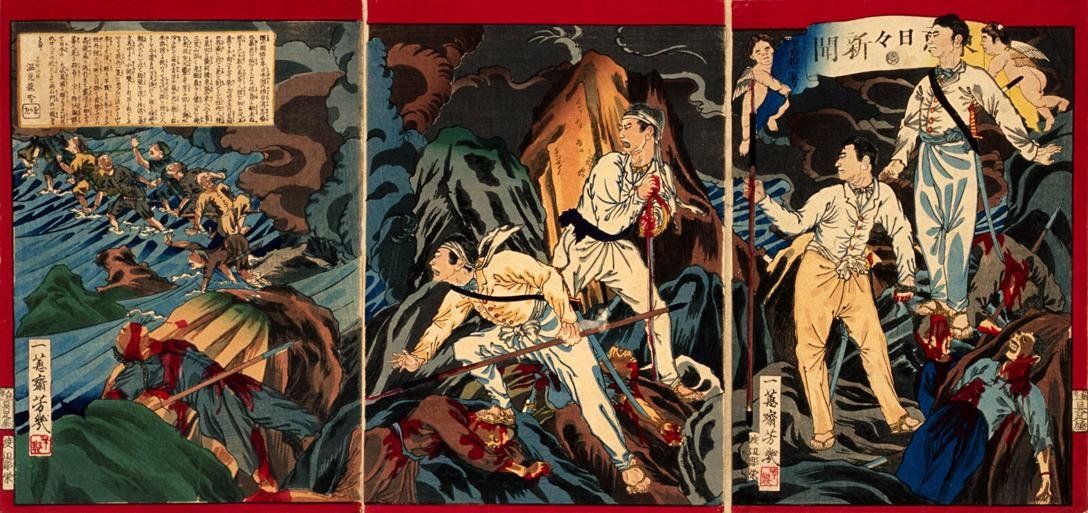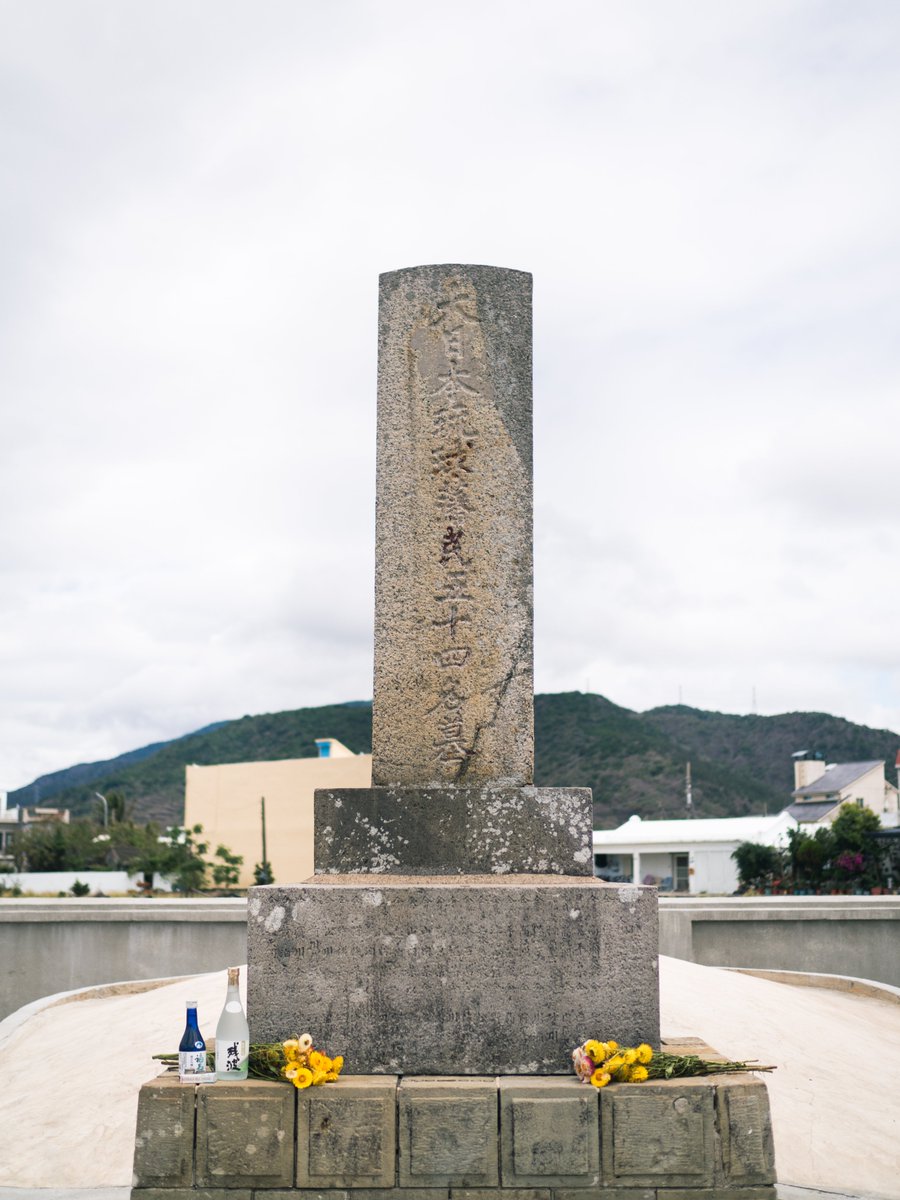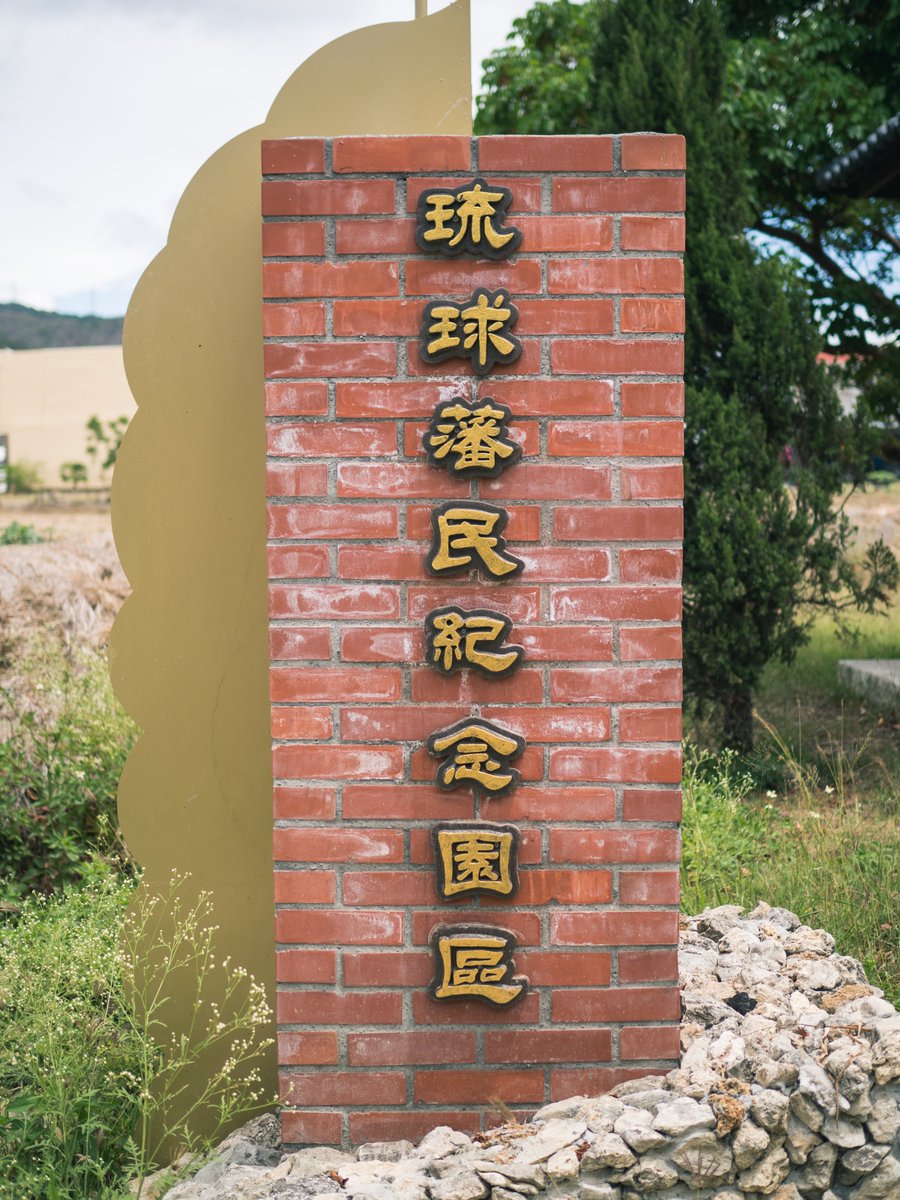Little known WW2 history for #AnzacDay: Formosan civilians (from now #Taiwan) were considered 'Japanese enemy aliens' & were interned in #Australia during WW2. More Formosan soldiers were captured in POW camps in New Guinea, & later Manus Islands. My great uncle died in one. (1) 


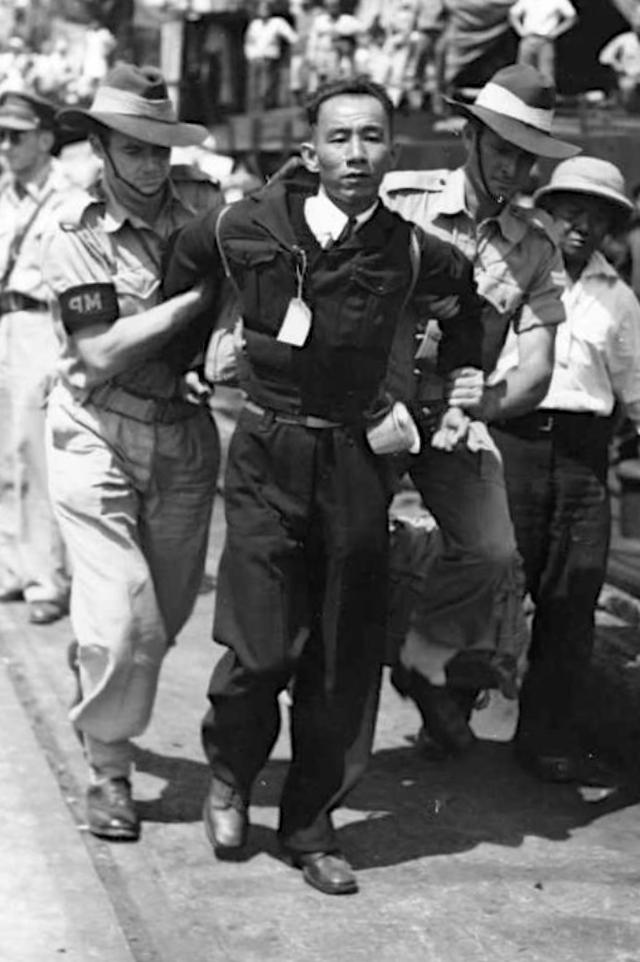
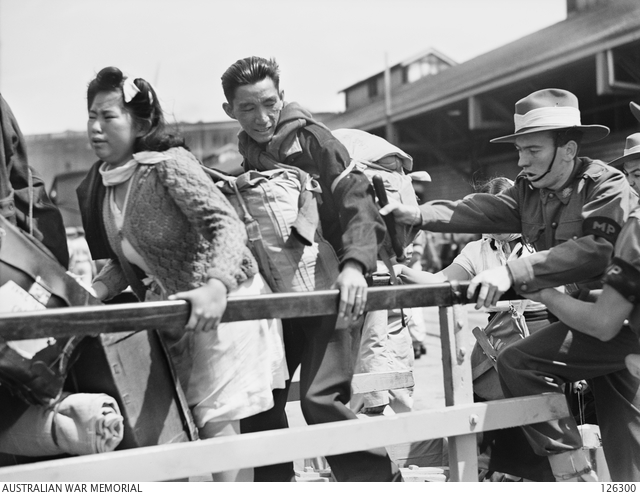
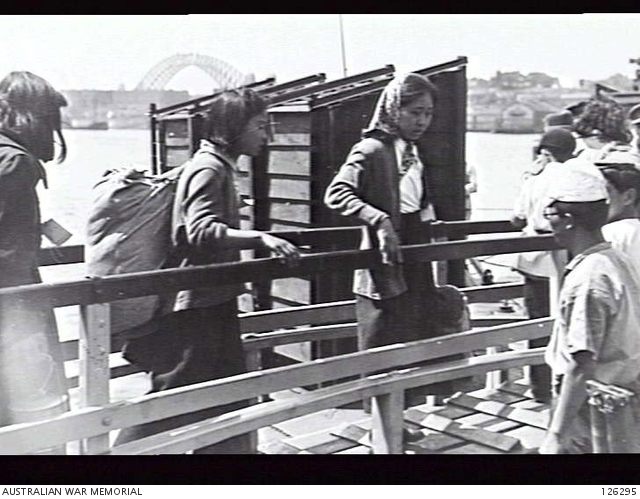
In the Loveday camp alone, there were 600 Formosan civilians. In addition to the hardship and lack of freedom, "Formosan internees were bullied for not signing allegiance to the emperor (Japan)". Tbh smart move considering you're in an Australian camp. (2)
abc.net.au/radionational/…

abc.net.au/radionational/…
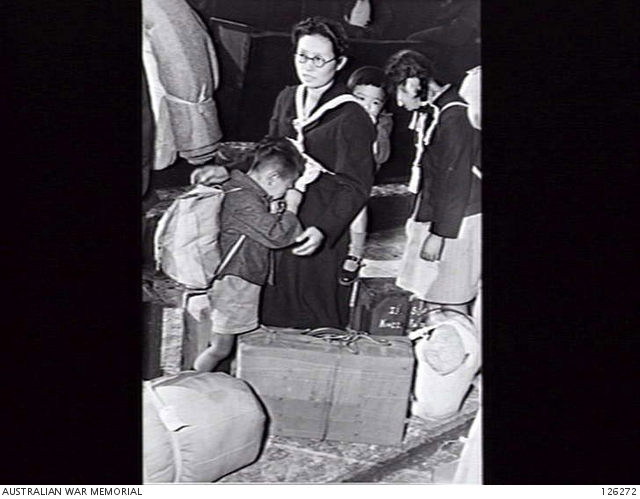
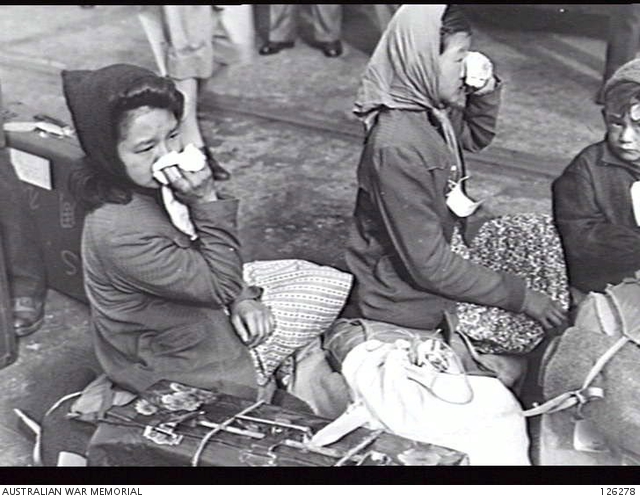
In March 1946 at Sydney harbour, in order to avoid being repatriated on an over-crowded hell ship, some Formosans defiantly argued that they're now not Japanese but Chinese. The Chinese vice-consul came & told them that "as Chinese, they would have to suffer too". Bit harsh. (3) 



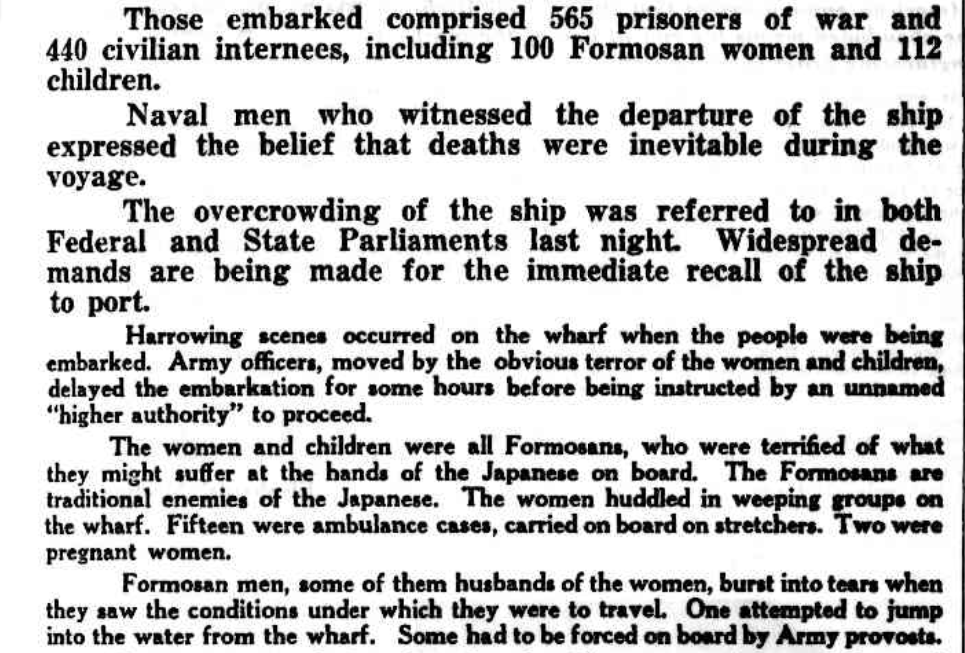
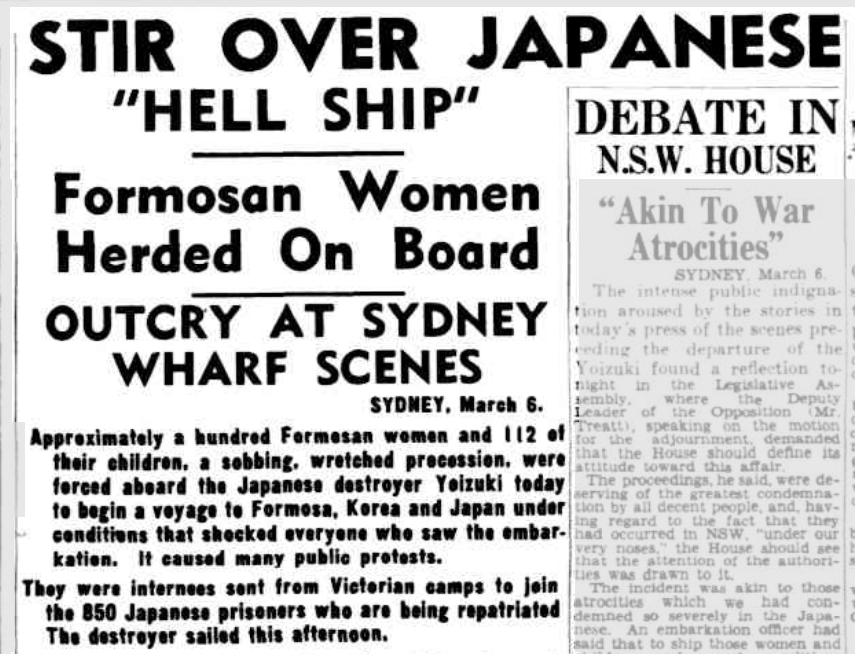
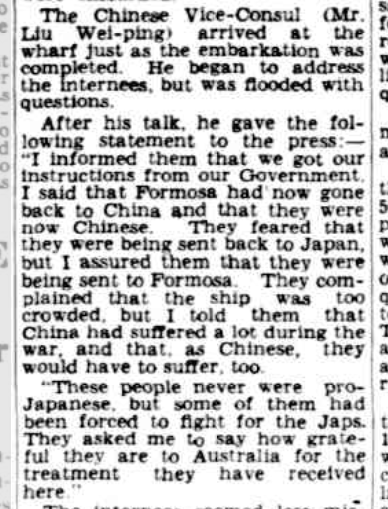
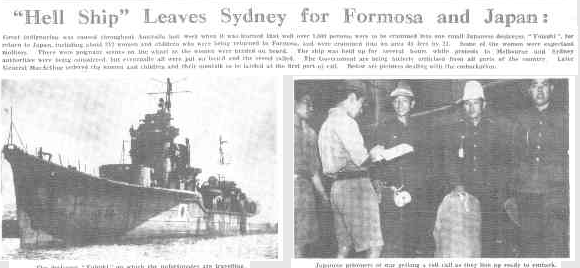
During WW2, the Australians tried propagandas in Japanese to get the Formosans to surrender. One of them states that Formosans have been oppressed by the Japanese & the "Holy war" of the Allies aims to give Taiwan its own language & culture back. Oh the irony there. (4) 


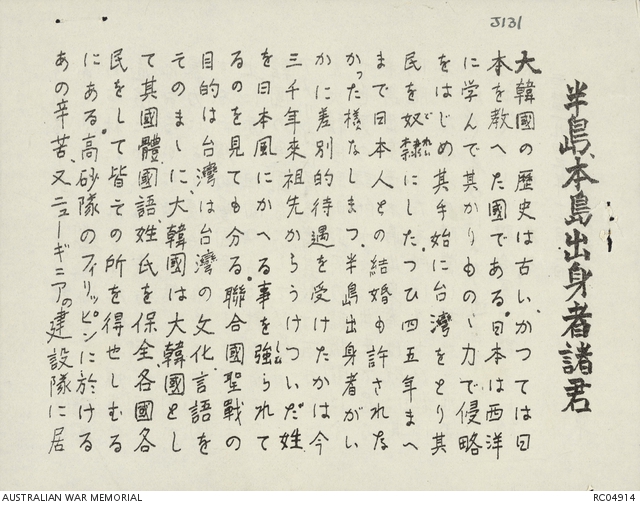
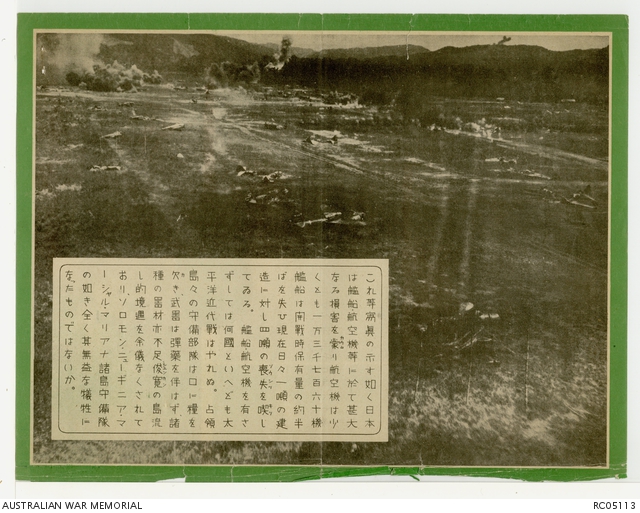
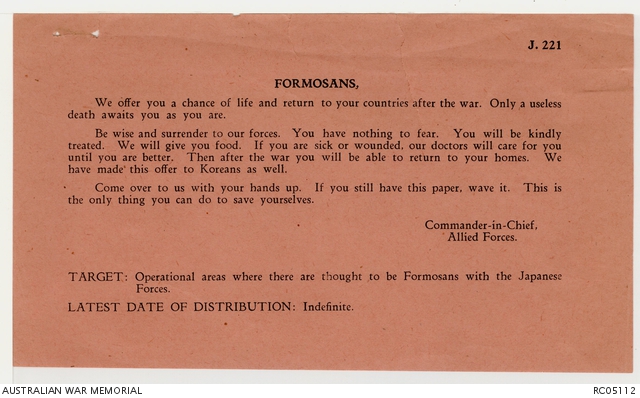
The Formosan prisoners of war were not so lucky. They were first in POW camps in Lae, New Guinea before the war ended. They then were sent to prison for trial on Manus Island. Most didn't make it back. My grandpa's brother was one of these Formosan POW that 'disappeared'. (5) 



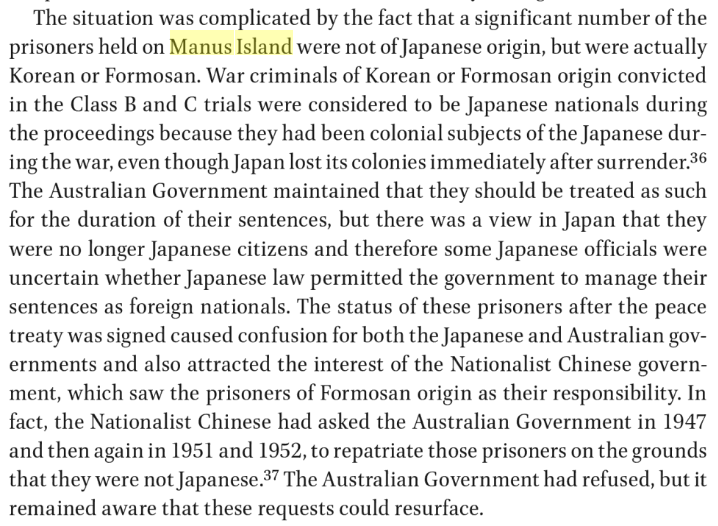
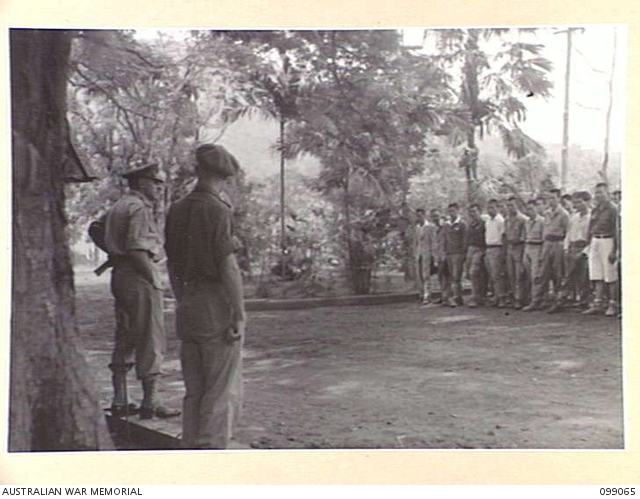
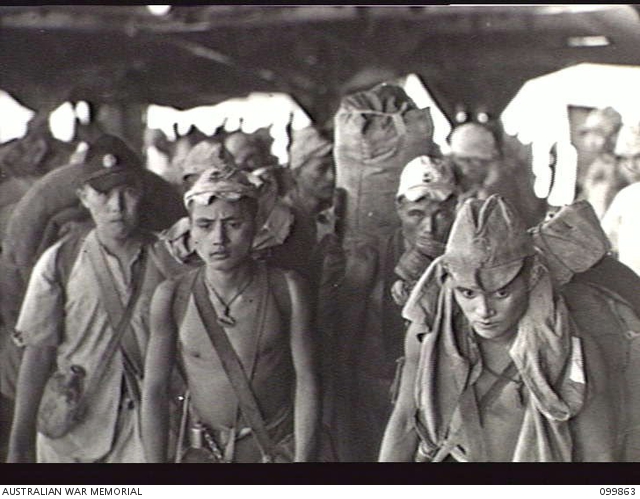
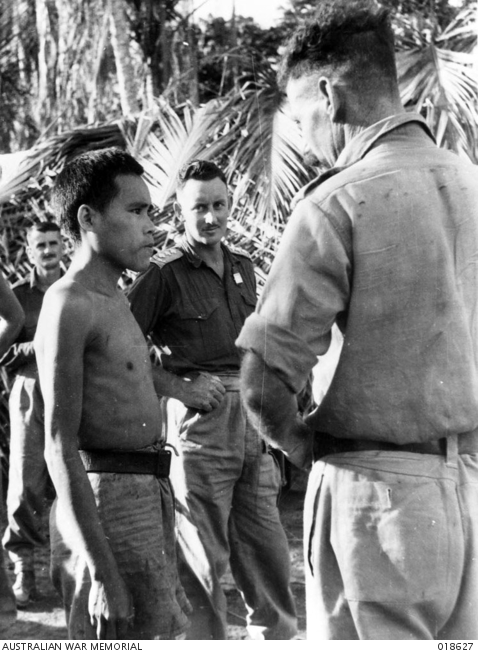
However, it seems like they did have a pretty lit "Formosan concert party" in the internment camp in New Guinea. Before being sent to Manus Island, they probably had a better time than the Anzac diggers in the POW camps in Taiwan back then. (6)
awm.gov.au/advanced-searc…

awm.gov.au/advanced-searc…
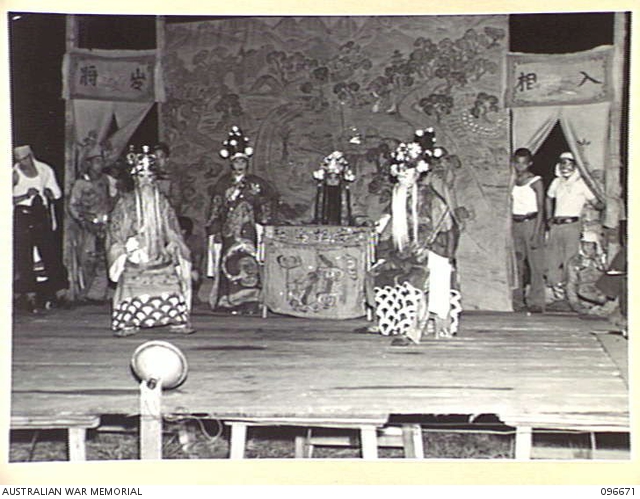
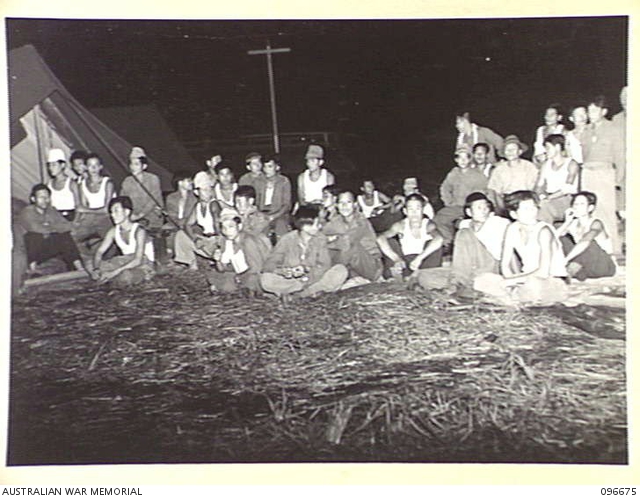
The Formosan identity at the time of war & sovereign changes is fascinating. The #Taiwanese were 'Japanese enough' to be put into internment-camps, yet not enough to be accepted there. They were also not 'Chinese enough' to be exempted from being ill-treated. So who are they? (7) 

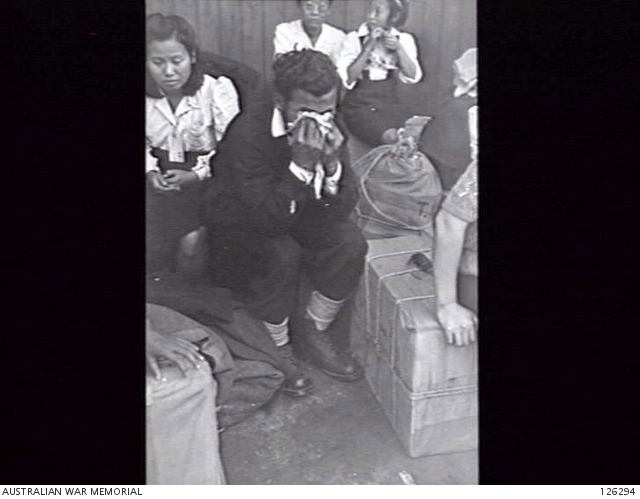
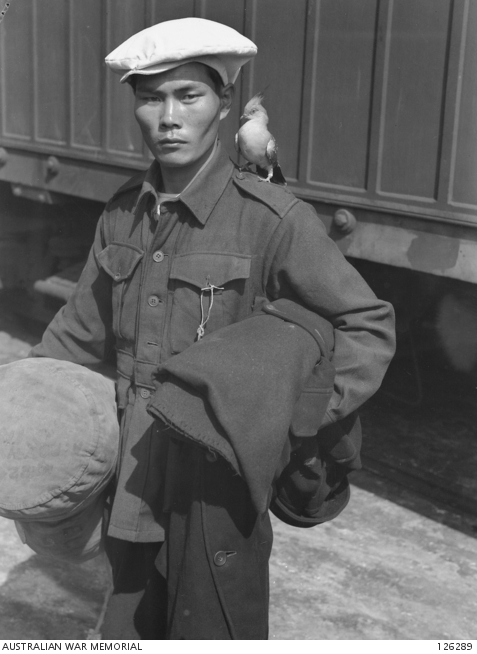
War memories have undoubtedly shaped the Australian identity & #AnzacDay has become Australia's most important national day. Yet #Taiwan never had the chance to learn about its history or reflect on its own war memories in WW2 due to the imposed historical narrative of ROC. (8)
That is why #Remembrance is important for both #Australia & #Taiwan. It fortifies our commitments to #peace & #justice by reminding us of the alternative. It ensures future genocides, unjust wars & atrocities do not occur again. #LestWeForget. Oh and look cute Formosan babies- 
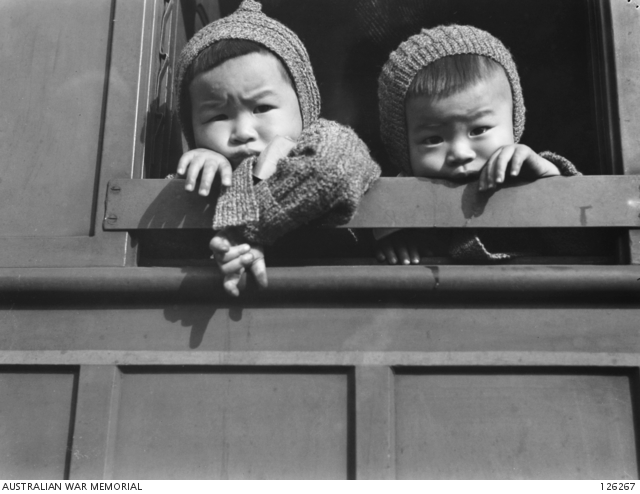
For the Formosan POWs that got released & repatriated to Japan in the 50s, the real challenge was that "motherland Japan", the country that they fought for, had abandoned them. However, most of them had to stay in Japan due to the fear of KMT's "White Terror" in Taiwan back then. 

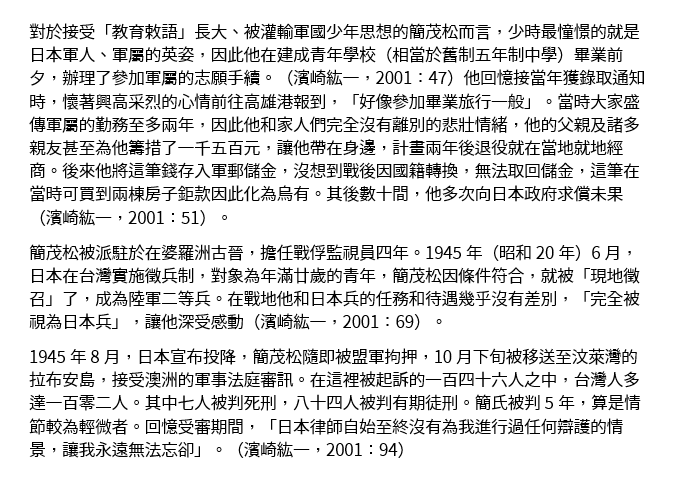
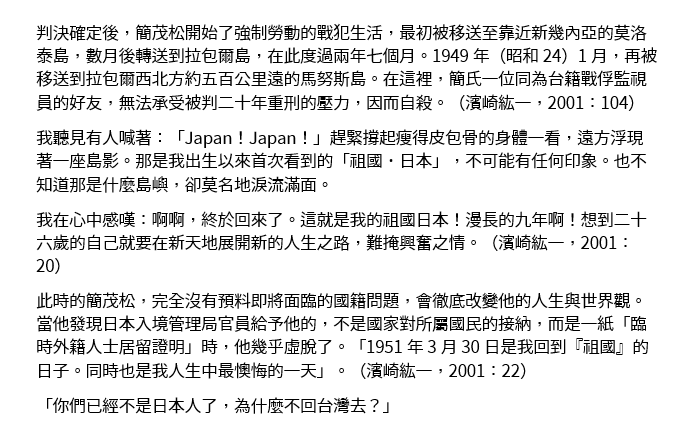
Only 2 out of the 60 Formosan POWs that got repatriated made their way to Taiwan. These Formosans had a tough time as a "foreigner" in Japan. Japan refused to repay them any war compensation, & their savings were confiscated.
我啊!一個台灣人日本兵的人生
sites.google.com/site/tokuntaic…

我啊!一個台灣人日本兵的人生
sites.google.com/site/tokuntaic…
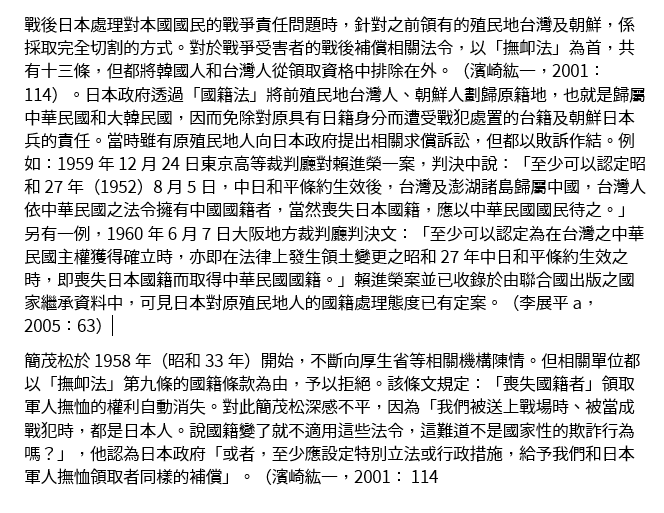
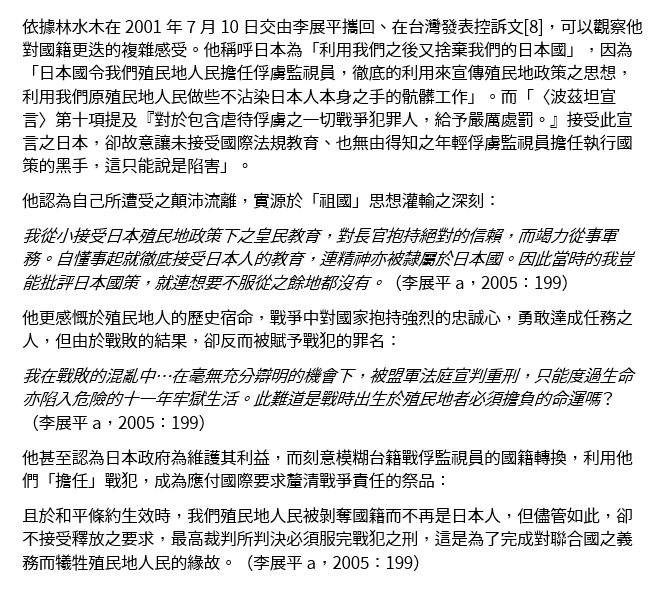
• • •
Missing some Tweet in this thread? You can try to
force a refresh








